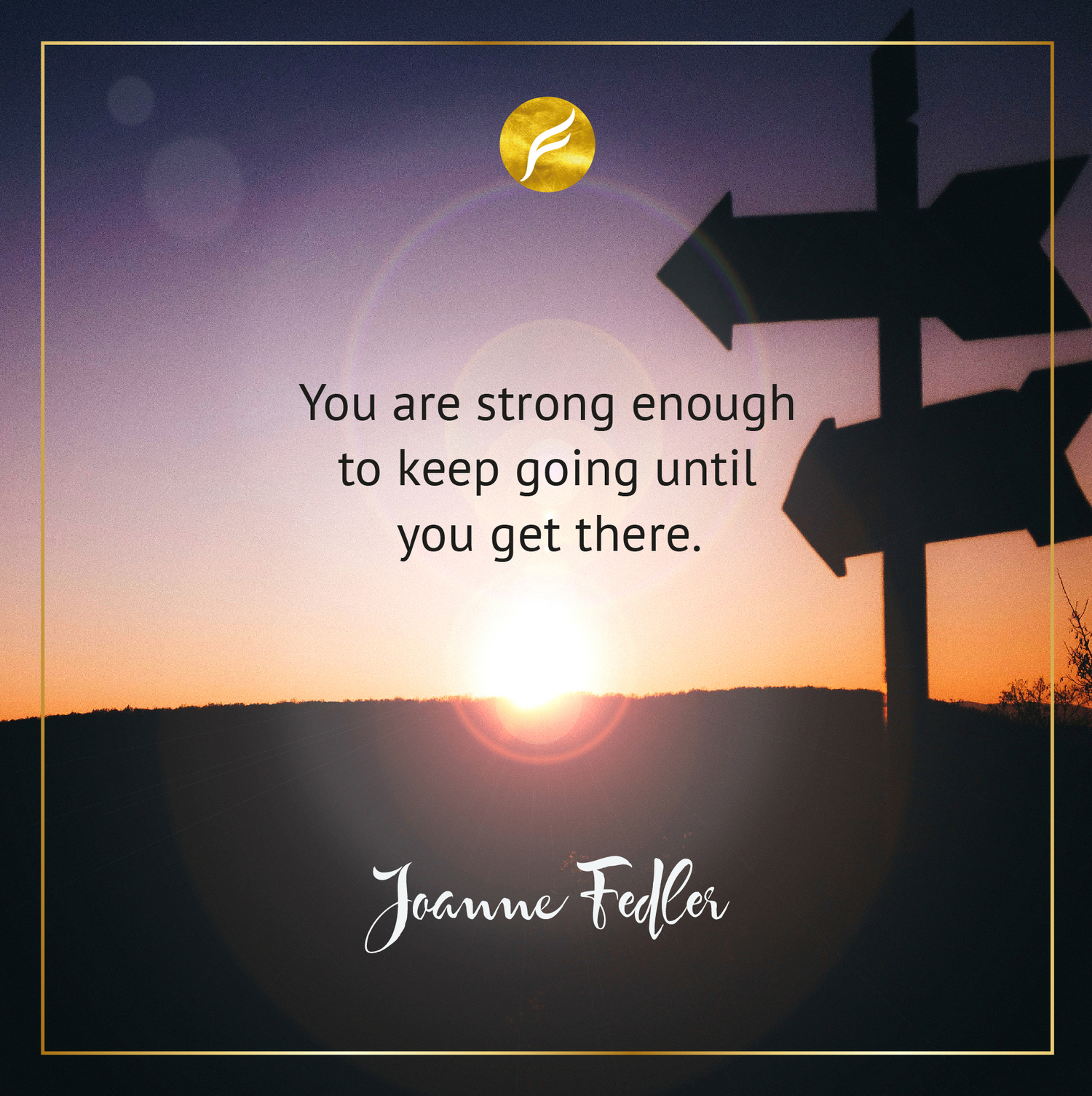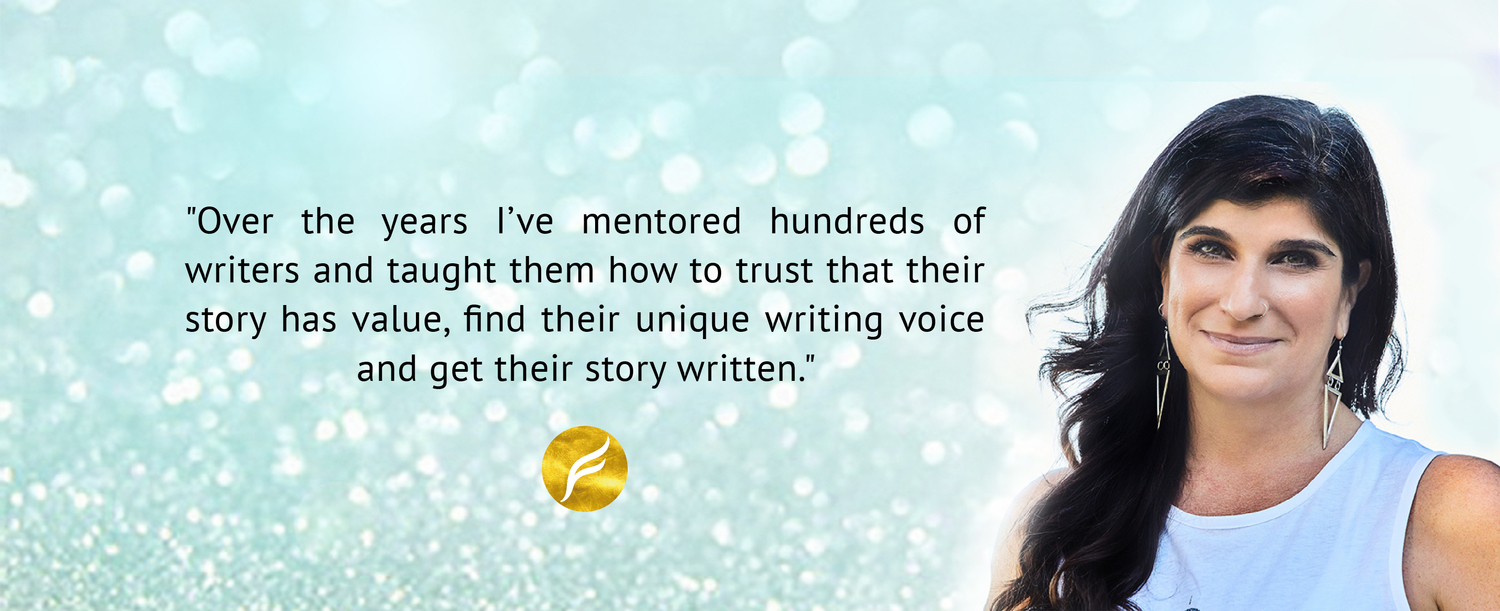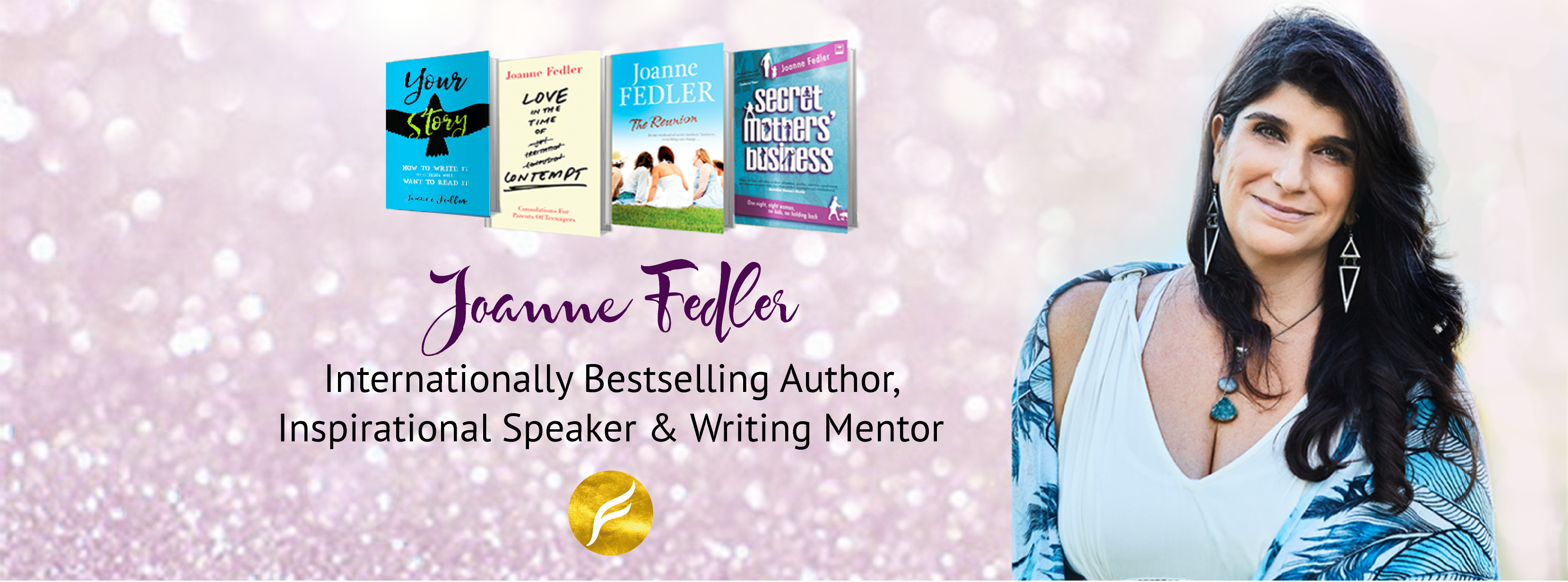I have mentored hundreds of different writers and have helped them move from crippling self-doubt, gaining some little wobbly legs all the way into robust self-belief. I myself having written 10 books have experienced every possible emotion that comes up when we have these mindsets that get in our way. So I want to talk to you about some of the fears that aspiring authors have and talk to you about some of the solutions, in the hope that perhaps these resonate with you and will help you to move through your own self-doubt.
So, I want to say this to you. First of all, start off by forgetting how. How can be quite a tricky question because often we don’t know how to do things in the beginning. Of course, how to do something, we can learn. We can learn how to do something. A much more empowering and important question than how do I do this is why? Why do I want to write?
If the answer sort of comes up from somewhere deep in your gut because you have something that you want to share with the world, because you believe that your story is important, because you love language, because you are obsessed with science fiction or you have a love story in you that you just want to get onto the page, or you just love writing, you love reading, you love writing, you love books, you just want to write. That question is the one that is going to propel you and move you into becoming a writer.
So I wanted you to just put how to the side for the moment, and think about why you want to write. Once you’ve thought about why you want to write, and you really are connected with that question, the answer to that question, I then want you to think about who, who you are writing for, because those two questions are much more important and are going to get you into wanting to write more than that stumbling block of how. How am I going to get started? How do I write character? How do I structure? How do I finish? How do I create a plot? How do I find a theme? All of those things are learnable if you are teachable, so I want you to understand that these things are easily resolved.
Just in answer to the question of where do I start or how do I start, the answer to that question is you can actually start anywhere because there’s a very important distinction when it comes to writing.
People confuse the question “How do I start writing” with “How do I start my story or my book?” Those two are very different. Beginning writing and beginning a writing practice, you can start with anything at all.
There are no rules about that. You just need to get into the practice of writing, develop the muscles, start to explore your story with random writing, bits and pieces of writing all over the place and have lots of fun with it.
The question of where you start your book or your article or your story, now that is a question that we learn when we study the craft and when we study structure, because there is a structure to story. There is a structure to memoir, but these things you will learn once you have started writing. So remember to distinguish between where or how do I start writing, and where or how do I start my story.
Another thing about not knowing how to is remember also to try to avoid cliches. Try to avoid the obvious because obvious things have already been said, and you’re going to bore yourself very quickly not to mention any readers, if you get any, if you simply write cliché.
So the solution to this question of “I don’t know how to” is start before you know how. Start before you know you. Just start. And you will learn how on the writing journey.
So I’m going to talk to you now about another one of the problems that we face when we don’t know how to begin writing, and that is this question “Well, I’m scared of failure. I’m scared of humiliation.” So many of us want to write and put our stuff out int he world but we are consumed by the idea that it’s going first to be terrible and when it is terrible, everybody is going to know about it and everyone is going to laugh at us, and we’re going to be so humiliated, it’s just going to be a disaster.
Well, there’s a lot of projection about what is going to happen that prevents us from actually getting started, so you can see how we already put roadblocks in our own way, long before we’ve even started writing. And what I want to say to you is that in life and in all endeavors, no matter what it is we do, unless you’re one of those really lucky people that the minute you start something you get it right the first time, all of us collect failures on the path to success.
I personally don’t know another route to success other than through a series of failures. And of course if we start to think about failures in a different way, that also helps us because we can start to reframe failures as teaching moments. Things we have learned, they have actually helped prepare us, steps that we’ve been able to take in order to succeed. There is no such things as a kind of overnight success. There is always the honing of the craft.
So my suggestion to you is not to worry about failures that haven’t happened yet, but to learn to develop a kind of robust mindset that there probably will be “failures” along the path and that you’re going to collect those failures as badges of honor on your way to success. So how we can counter this mindset is to say, “I’m strong enough to fail until I succeed.”

I hope that you can see that you don’t have to be afraid of not being any good at writing because once you start writing, you’re going to learn everything that you need to know in order to become good at it.
Now, there is a trick to overcoming a lot of these anxieties, and the one that helps us to become a lot more confident in ourselves as writers is to find what is called our writing voice.
Our writing voice is this very unique signature that we have as writers, the thing that makes our writing different from all other writing, the thing that we can own and say this is who I am, this is my stamp on the world.
Once we’ve got that, it becomes a little bit easier to be more confident about ourselves because we realize that we’re different from other writers. We understand how we’re different from other writers. We understand what is strong about our writing, and what distinguishes us.
For more support and mentorship on your writing journey, join my Inner Circle for Writers and gain instant free access to my teaching videos here: www.joannefedler.com


PS. You may want to also read this article “Have you ever thought about writing but are afraid that you’re not going to be any good at it?”


